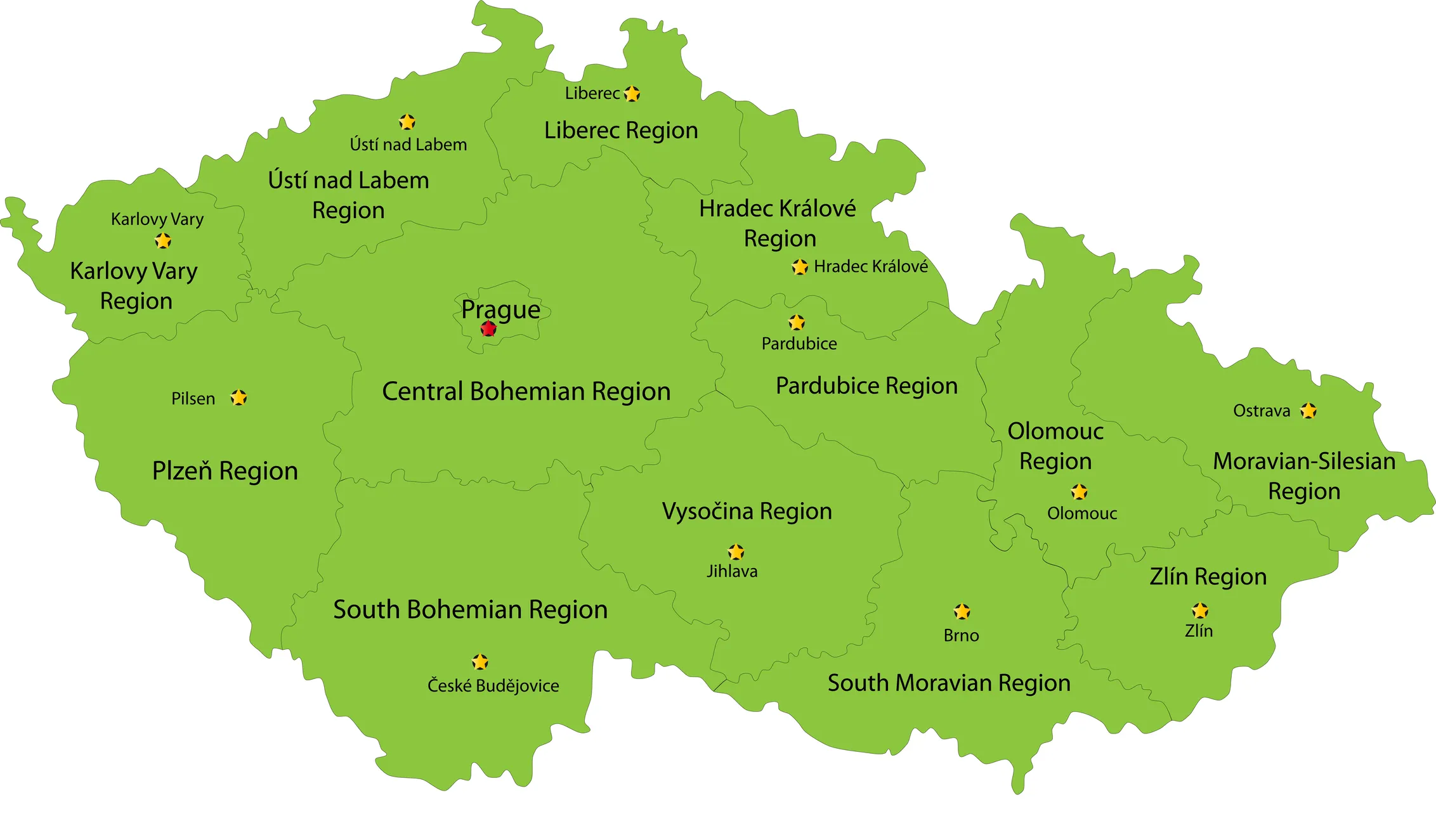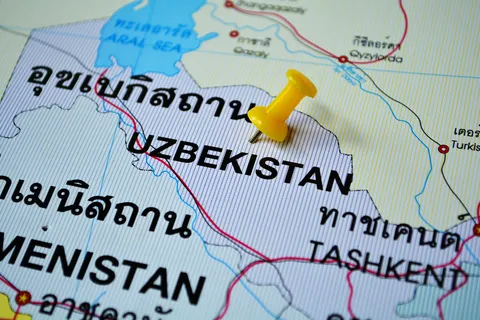The Czech Transport Ministry will introduce tolls for trucks on all Class One and some Class Two and Three roads from mid-2012.
February 22, 2012
Read time: 1 min
The 2965 Czech Ministry of Transport will introduce tolls for trucks on all Class One and some Class Two and Three roads from mid-2012.
There are 5,500km of Class One roads in the country and the whole revenue will go to the State Transport Infrastructure Fund, which will use to maintain and repair the roads. The revenue from Class Two and Three roads will go to regional authorities.
Deputy Transport Minister Martin Sykora has said that if these roads prove to be loss-making, the state would prefer to ban the trucks from them.
It has not yet been decided what technology will be used to collect the tolls but it is apparent that the ministry would prefer the satellite system without toll gates. The most likely bidders are259 Kapsch of Austria and 2967 SkyToll of Slovakia.
There are 5,500km of Class One roads in the country and the whole revenue will go to the State Transport Infrastructure Fund, which will use to maintain and repair the roads. The revenue from Class Two and Three roads will go to regional authorities.
Deputy Transport Minister Martin Sykora has said that if these roads prove to be loss-making, the state would prefer to ban the trucks from them.
It has not yet been decided what technology will be used to collect the tolls but it is apparent that the ministry would prefer the satellite system without toll gates. The most likely bidders are








